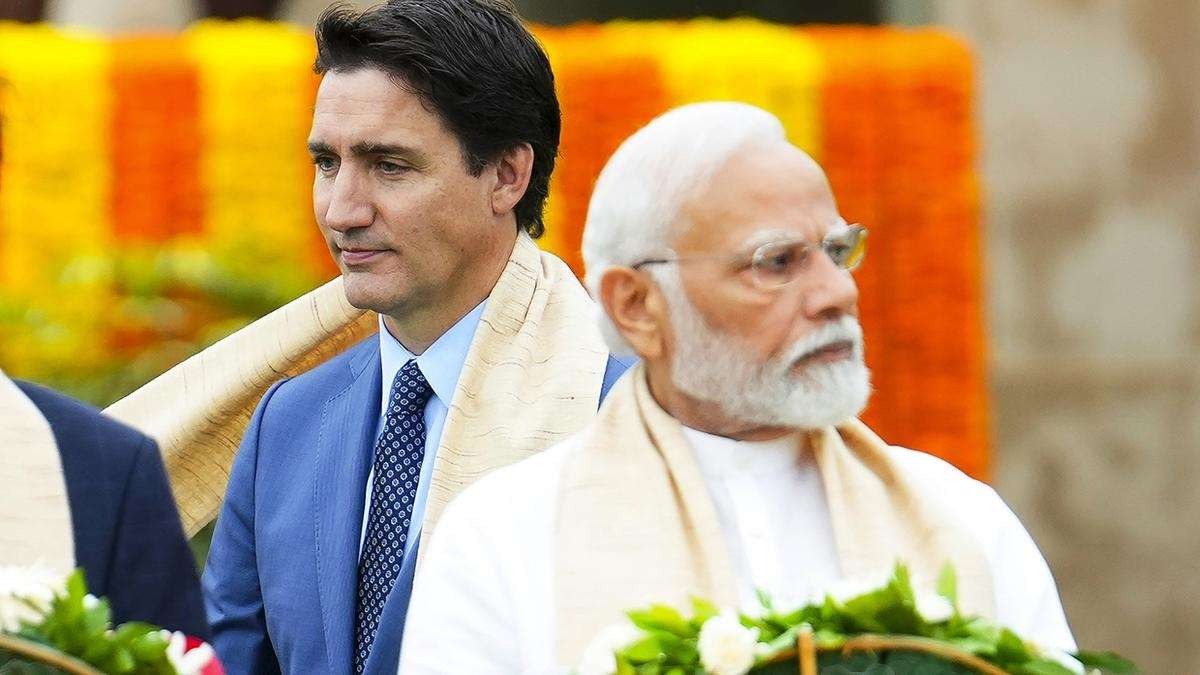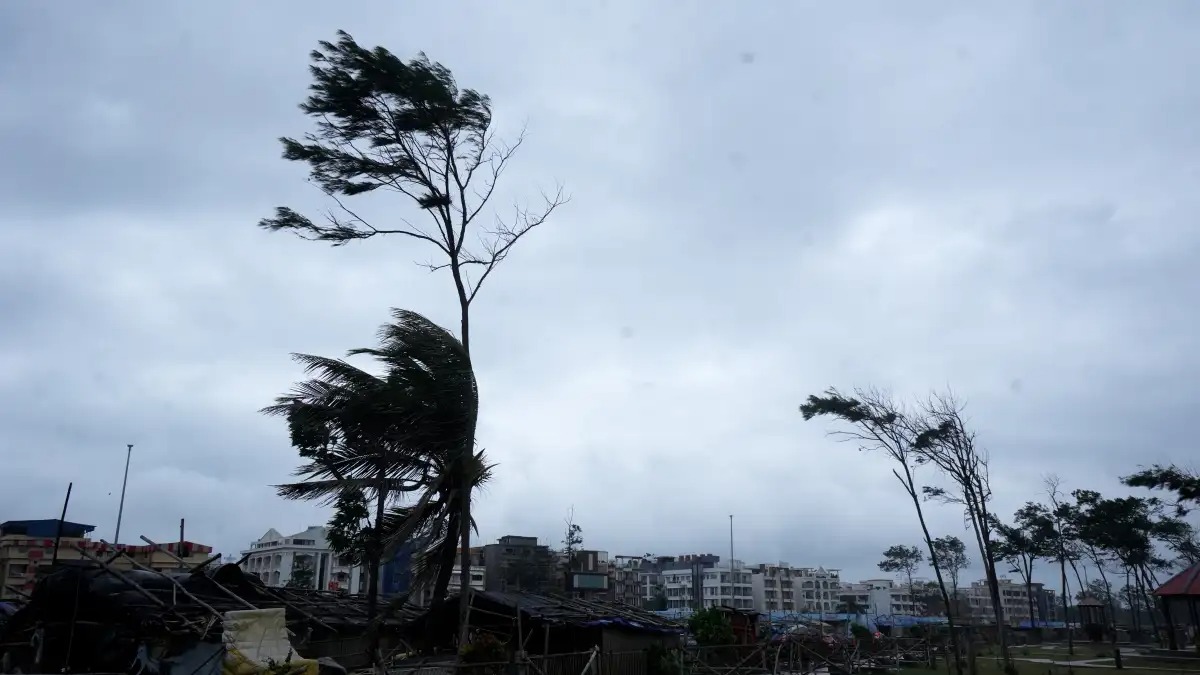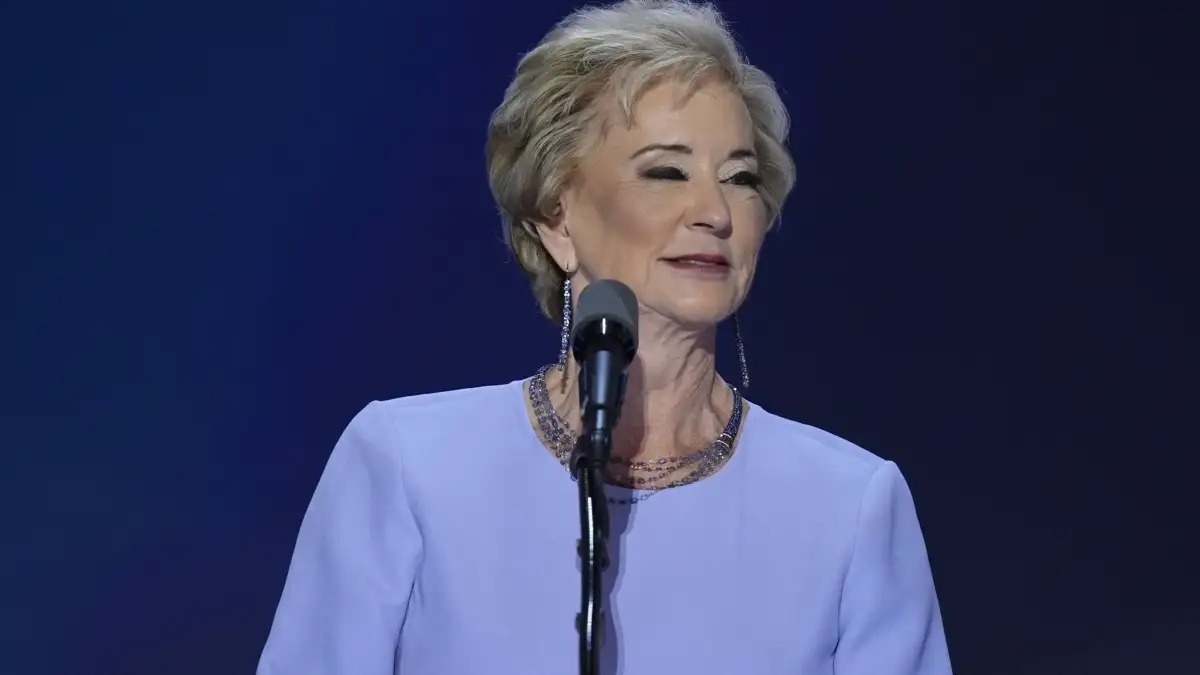
International: As India-Canada diplomatic relations dip at an all-time low over the killing of Khalistani terrorist Hardeep Singh Nijjar and the Canadian reaction after that, the Western country is likely to take a hit with a probable impact on the immigration of students, trade relations, and Canada's Indo-Pacific strategy, according to a report that analysed the possible fallouts for the Justin Trudeau-led government with straining ties with India.
The ties between the two countries soured further after a brief halt following the September 2023 episode when Trudeau levelled allegations on India about the indulgence of its agents in the killing of Nijjar, a Khalistani and now a Canadian citizen, on June 18 last year outside a Gurudwara. India, however, had termed the allegations as "absurd" and "politically-motivated".
In the most recent action, India announced that it had received a diplomatic communication indicating that Sanjay Kumar Verma, the Indian High Commissioner to Canada, and other diplomats could be considered "persons of interest" in the investigation into Nijjar's death. India expelled six Canadian diplomats, hours after recalling the Indian high commissioner and some other officials from Canada. The Canadian diplomats have been asked to leave India by or before 11:59 pm on October 19.
What does the report say?
Indian students and immigration:
According to the report, Canada receives international students from India in abundance, the largest from any country, with over 40% of the more than 800,000 international students in 2022 coming from India. In 2022, the Indian diaspora in Canada increased to over one million as of 2022, the report said.
According to Immigration, Refugees and Citizenship Canada (IRCC), a record 226,450 Indian students went to study in Canada in 2022, which increased to 2.78 lakh students in 2023.
However, a drop in the applications by Indian students was witnessed due to the recent strain of relations between India and Canada.
"A reduction in the flow of Indian immigrants, which constitute almost one in five of all recent immigrants to Canada, could be even more devastating than a deterioration of trade relations," the report said.
Impact on Canada-India Comprehensive Economic Partnership Agreement (CEPA):
Both countries are negotiating to sign CEPA, which would cover trade in goods, services, rules of origin, sanitary and phytosanitary measures, technical barriers to trade, and other areas of economic cooperation, according to the report.
"It is estimated that the India-Canada Comprehensive Economic Partnership Agreement (CEPA) between Canada and India would boost bilateral trade by US$ 4.4-6.5 billion (C$ 6-8.8 billion) and yield a GDP gain of US$ 3.8-5.9 billion (C$ 5.1-8 billion) for Canada by 2035," it said.
Furthermore, India's retaliatory measures, such as imposing tariffs or restricting imports, are likely to impact Canadian businesses, particularly those in the agriculture and manufacturing sectors, the report stated. "Due to ongoing tensions between Canada and India, negotiations have been halted, and it will impact Canada more than India. The best example is pulses in this case," it said.
Impact on agricultural exports
"Sikhs in Canada hold farmlands in Canada in a large number. The share of the Sikh populace in Canada's pulse production and its export to India, which is a large market, was cut hugely in previous years and impacted them the most," the report added.
"India's growing economy, expected to grow 6% in 2023 and 7% in 2024, according to the Organisation for Economic Co-operation and Development (OECD), presents attractive trade opportunities for Canada. However, the dispute may deter Canadian businesses from investing in India, and Indian companies may redirect investments to other countries, such as Australia, which has already negotiated a bilateral economic cooperation agreement," it said.
--Advertisement--

 Desk
Desk Share
Share

_100995082.jpg)
_1272587230_100x75.jpg)



_997514121_100x75.jpg)